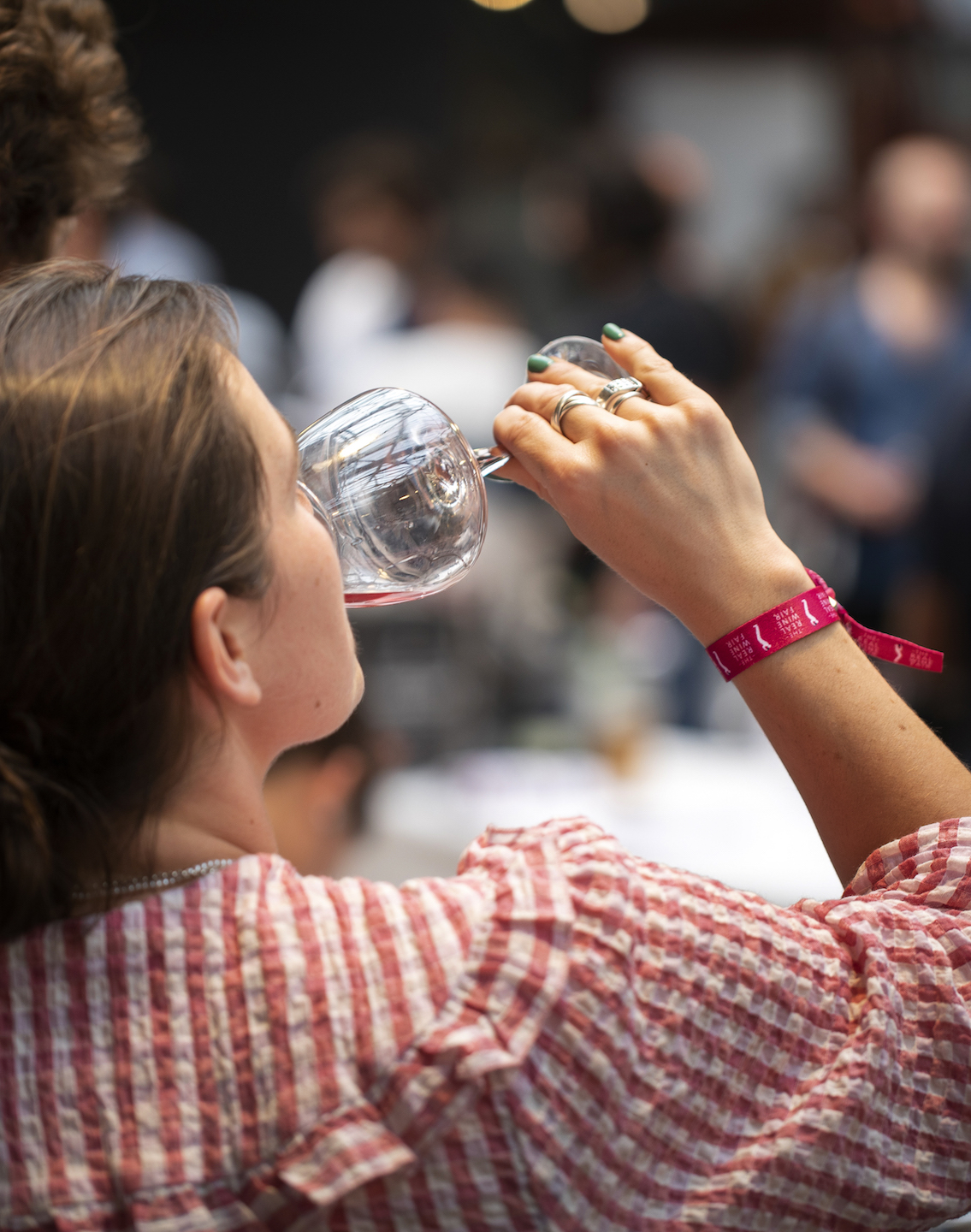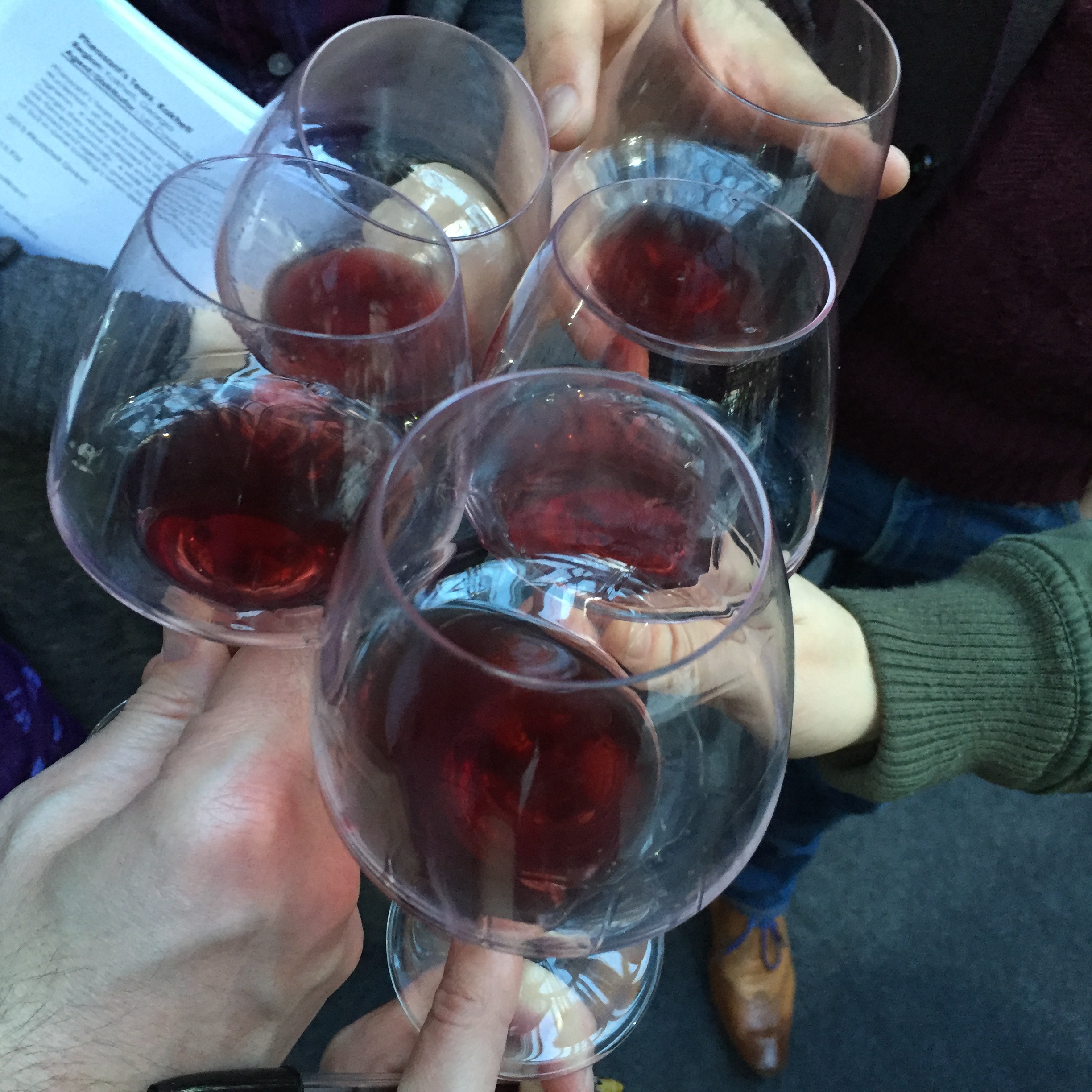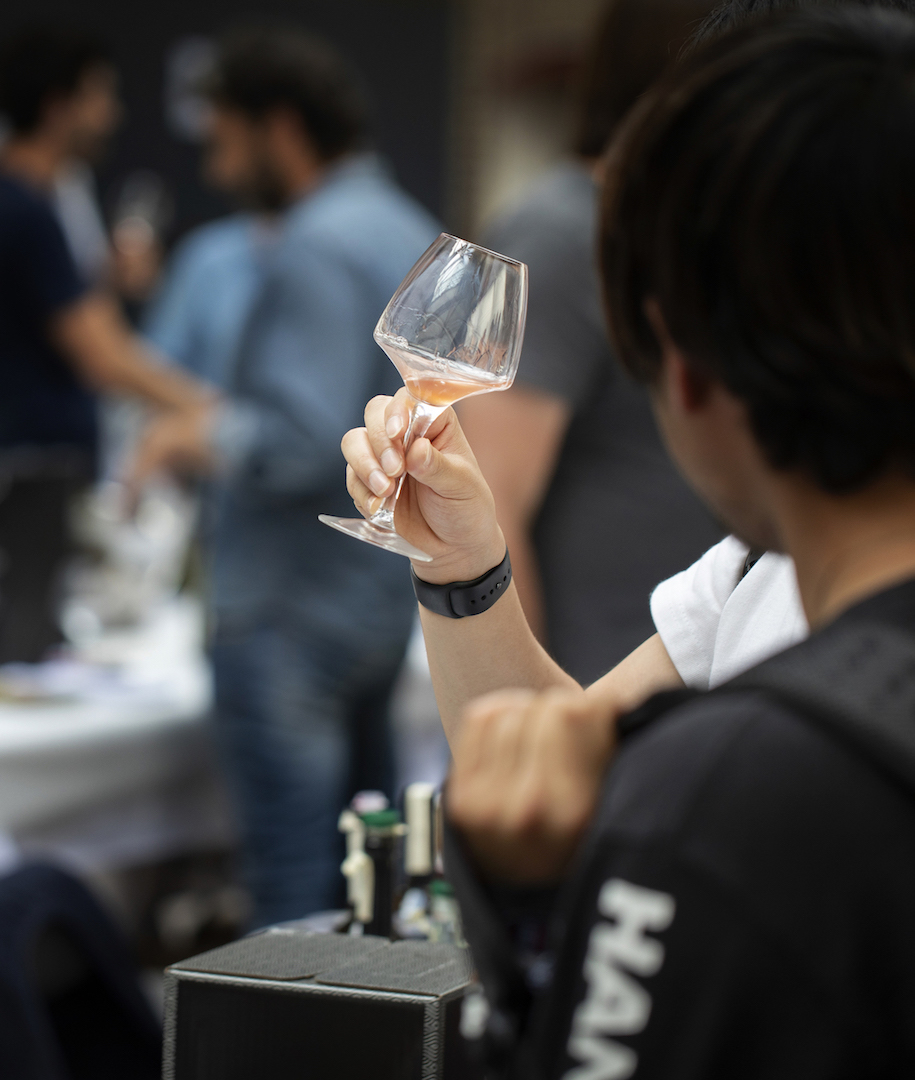When the word drunkenness comes into conversation it has various associations. In my mind’s eye I think of the great Hogarth “Gin Lane” sketch of debauchery and unconsciousness. Or the Thomas Becon saying “for when the wine is in, the wit is out.”
Macduff
What three things does drink especially provoke?
Porter
Marry, sir, nose-painting, sleep, and
urine. Lechery, sir, it provokes, and unprovokes;
it provokes the desire, but it takes
away the performance: therefore, much drink
may be said to be an equivocator with lechery:
it makes him, and it mars him; it sets
him on, and it takes him off; it persuades him,
and disheartens him; makes him stand to, and
not stand to; in conclusion, equivocates him
in a sleep, and, giving him the lie, leaves him.
Chaucer’s Pardoner was equally graphic about drinking culture:
A lecherous thyng is wyn, and dronkenesse
Is ful of stryvyng and of wrecchednesse.
O dronke man, disfigured is thy face,
Sour is thy breeth, foul artow to embrace,
And thurgh thy dronke nose semeth the soun
As though thou seydest ay “Sampsoun, Sampsoun!”
And yet, God woot, Sampsoun drank nevere no wyn.
Thou fallest as it were a styked swyn;
Thy tonge is lost, and al thyn honeste cure,
For dronkenesse is verray sepulture
Of mannes wit and his discrecioun.
In whom that drynke hath dominacioun
He kan no conseil kepe; it is no drede
Now kepe yow fro the white and fro the rede,
And namely fro the white wyn of Lepe
That is to selle in Fysshstrete or in Chepe
This wyn of Spaigne crepeth subtilly
In othere wynes, growynge faste by,
Of which ther ryseth swich fumositee
That whan a man hath dronken draughtes thre,
And weneth that he be at hoom in Chepe,
He is in Spaigne, right at the toune of Lepe –
Nat at the Rochele, ne at Burdeux toun —
And thanne wol he seye “Sampsoun, Sampsoun!”
As a cause of drunkenness, wine is sometimes given special dispensation in the canon of drinks, because of its long cultural history. Hell, in various mythologies, there are deities who look after wine and wine drinkers. Wine drunkenness has a further offset in that the drinker is paying respect to a particular drink rather than booze for booze’s sake – the gourmet rather than the gourmand – although one imagines that in olden times the alcoholic effect of the wine was much more prized than its provenance!
Wine and the vine have been written about for thousands of years. Wine is the most common alcoholic beverage mentioned in the bible, where it is a source of symbolism, and was an important part of daily life back in the day. Biblical literature displays what might be termed ambivalence toward drinks that can be intoxicating*, considering them both a blessing from God that bring joy and merriment and potentially dangerous beverages that can be sinfully abused. The relationships between Judaism and alcohol and Christianity and alcohol have generally maintained this same tension, though some modern Christian sects, particularly American Protestant groups around the time of Prohibition have rejected alcohol as evil. Wine is used symbolically, in both positive and negative terms. Its consumption is prescribed for religious rites or medicinal uses in some places. And wine was – and still is – drunk instead of the local water.
Wine can be part of a nourishing meal, a drink that accompanies and helps to digest, rather than a pathway to get drunk.
The idea of beneficial intoxication is embedded in many religions and it is a blissful (or blissed out) state, signifying love of God and receptiveness to God’s love. Of course, this is metaphorical drunkenness as real drunkenness would be viewed as undermining social propriety and respect for institutions.
Wine Appreciation
Mixing drinks is not necessarily only about the clash of grape and grain, wine and whisky, for example, it can also involve multiple different wines, bottle after bottle opened willy-nilly to experience the maximum number of wines in a limited period – as if more volume and variety enhances one’s appreciation. With one wine or two, one has the opportunity to get to focus, to get know it more intimately, to tune in to its nuances, rather than being a brief stopover before the next vinous sensation. I am all for relative monogamy in terms of wine. Whilst a sequence of disparate wines designed to fit to a menu can be exciting experience, the cumulative effect of sampling wine after wine after wine, however, may be discombobulating. Physically and mentally digesting different flavours is exhausting. Many evenings conclude with “just more bottle.” The sprint before the end, when time is being called so to speak, cramming that extra bottle in until the tipping (tipsy) point is reached when the extra alcohol disturbs one’s equilibrium. Many is the time that I have gone to a restaurant, or someone’s house, when we have ordered or opened those extra bottles in the idealistic hope that we find one that we love. The problem is that we never do. We have tired ourselves out.
Yet, looking back at some my earlier blogs, I see that I have written so many paeans to the liberalising effect of wine and recounted the ways that a beautiful wine, drunk on the right occasion with the right people, can trigger glorious epiphanies. As Byron said “man, being reasonable, must get drunk. The best of life is but intoxication”. The intoxication I am thinking of is not a numbing of the senses, but a sharpening of them. And of course, these epiphanies have metaphysical bennies: revelation, kicking open the doors, rebellion, elation and exaltation. Being intoxicated is not about wanton love, not behaving like an idiot, never about senseless drunkenness. Why would one want to indulge in that? Rather it is walking (or dancing on) that experiential tightrope whereby one’s senses are super-alert to aromas and flavours, deep memories and sensations are unlocked, and pleasure may be discerned, savoured and communicated. Proverbially, always to take enough wine to elevate, never too much to coarsen.
Neruda’s Ode to Wine is an ecstatic reminder of the sensual pleasures of this drink.
There’s more. Wine, at its best, functions as food. Natural wines that slide down effortlessly, that are light and aerial, or sappy, salty and crunchy, are the best in this regard. They satisfy a thirst. In short, they are nourishing.
Wine, indeed booze in general, intensifies one’s prevailing mood. If you want happy or set to relax, then wine accelerates that desire. However, if you are drinking to raise your spirits, wine can often have a toxic effect. Drink because you are happy, never because you are miserable, advised GK Chesterton.
One needs to be judicious in one’s consumption, as the older one gets the more difficult it is to process alcohol. And I’m not talking intellectually! Now the mere idea of drinking focuses on the worst effects rather than the anticipation of joy and pleasure: the so-called wrath of grapes and the hangovers to come. Normally, I have a mechanism that kicks in and a little voice tells me to slow down or stop. I am always concerned that one glass or bottle too many ruining all that went before. I want to drink and not sense the alcohol.
Back to drunkenness. The social effect of too-much-booze is most apparent when the pubs and clubs let out. Screaming, shouting and hysterical laughter, occasionally effing and blinding and uncontrolled fury. It seems unnecessary. It is one thing to loosen one’s inhibitions, another to take leave of one’s wits entirely. The British, in particular, seem to have an unhealthy, even toxic, relationship with booze, viewing it as a challenge to drink as much as is possible in the shortest period possible and reach a state of maximum inebriation. This is a massive generalisation, but bar culture is anathema to what might be term “civilised drinking”, namely the enjoyment and appreciation of alcohol.
The advantages of moderation, even abstinence, are many. One, as mentioned, is that wine can be part of a nourishing meal, a drink that accompanies and helps to digest, rather than a pathway to get drunk. Secondly, and this is more of observation about adaptation, is that one’s palate does become jaded if one constantly drinks. Especially if you never have a break. A rest of a few days works wonders. HL Mencken opined: “Never drink more than 3 days in a row.” I find I never taste more keenly than in the aftermath of an illness; it is as if my taste receptors have been spring-cleaned and rebooted. And finally, and this is an old-fashioned concept, when one drinks in the right appreciative spirit, then one respects the creator/producer/origin of the wine itself.




